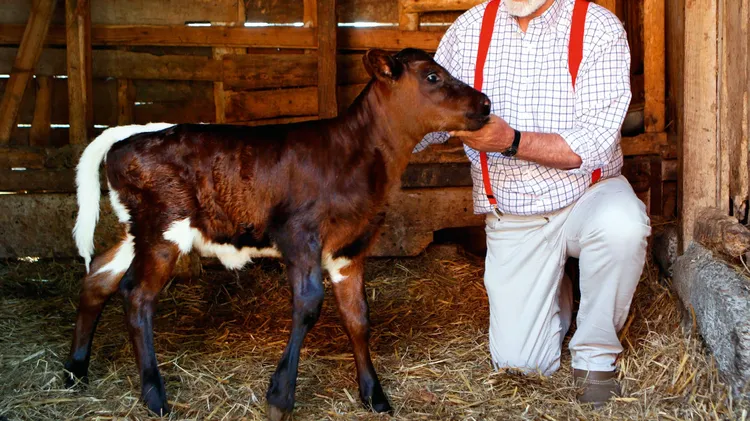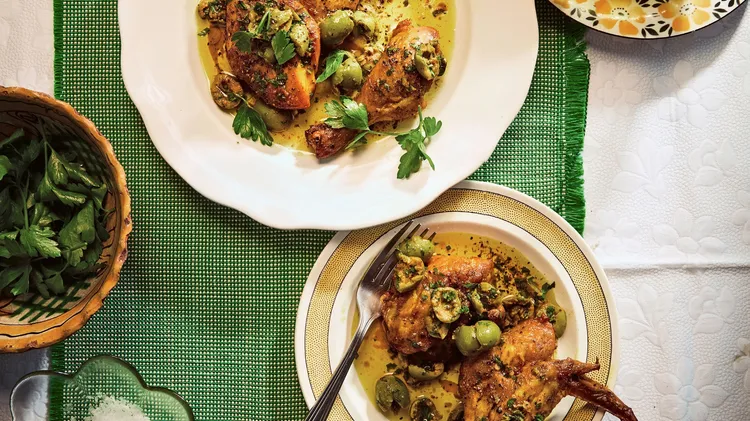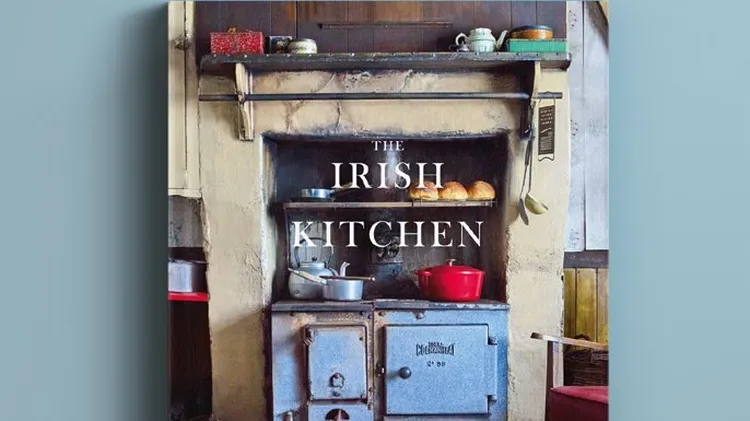However much of a food lover you are, there are probably one or two thin
Face your food fears!
4 min read
This article is from...
Read this article and 8000+ more magazines and newspapers on Readly






